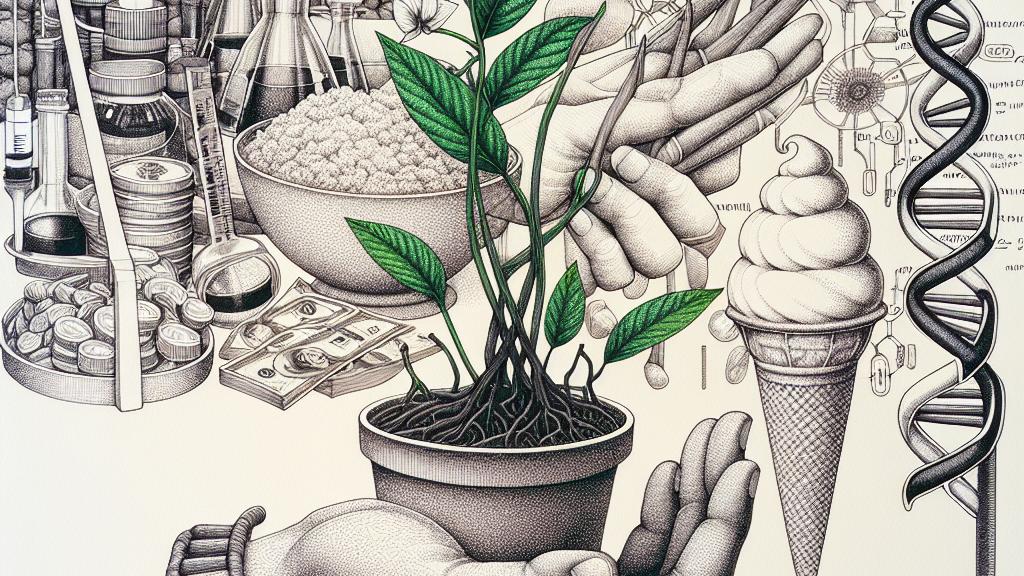The Battle for Compensation in Genetic Sequencing
Overview
- The crucial debate regarding compensation for Indigenous communities highlights significant ethical dilemmas in genetic resource utilization.
- Although remarkable advancements in genetic sequencing technologies have emerged, inequalities in profit sharing continue to marginalize those who provide these resources.
- Negotiations at COP16 are critically focused on establishing effective and obligatory payment mechanisms for digital sequence information.

Understanding the Context of Genetic Sequencing
The pressing issue of compensating Indigenous communities for their genetic resources has become increasingly significant in recent discussions, notably during the COP16 conference held in Colombia. Take vanilla, for example—a flavor that many associate with ice cream, which actually springs from a plant deeply tied to Indigenous farmers in Mexico. While artificial vanilla often derived from genetic sequencing of this cherished crop floods markets, the original knowledge holders receive scant recognition or financial reward. This discrepancy highlights a troubling pattern; those who have cultivated and honored these plants over generations find their contributions exploited without acknowledgment. Thus, it raises an important question: How can we create a compensation system that recognizes and honors the contributions of these communities?
Navigating the Complexities of Benefit-Sharing Agreements
As negotiations persist, the challenge of establishing fair benefit-sharing for digital sequence information (DSI) becomes clearer. The technology behind genetic sequencing has advanced phenomenally, allowing researchers to decode genomes in mere hours with handheld devices. Yet, this rapid progress brings forth a critical inquiry: Who truly benefits when genetic knowledge is transformed into lucrative products? For instance, insights into tropical plants lead to innovative medicines and cosmetic products; however, the Indigenous peoples who initially discovered these plants often remain neglected in profit-sharing. Advocates argue vehemently for required compensation frameworks—like the proposals for a one-percent levy on product profits—that could shift the paradigm towards fairness. Such systems would not only ensure economic restitution but would also restore dignity to the knowledge providers and promote a sense of partnership rather than exploitation.
Looking Ahead: The Future is at Stake
As we peer into the future, the ramifications of these ongoing negotiations could significantly reshape both scientific ethics and Indigenous rights. This crucial moment underscores that discussions around genetic resources are not merely about financial compensation; they are about establishing justice and fostering collaborative relationships. Indigenous representatives assert that equitable access to health advancements and recognition of their contributions are non-negotiable rights. With opinions diverging—where wealthier nations express concern about impediments to scientific advancement—a delicate balance must be struck. Ultimately, the resolutions reached at COP16 could either catalyze innovative practices in biodiversity conservation or perpetuate cycles of inequality, making it essential for all parties involved to remain committed to principles of equity and stewardship. The world waits to see if this dialogue leads to substantive change or if it falters once again.

Loading...